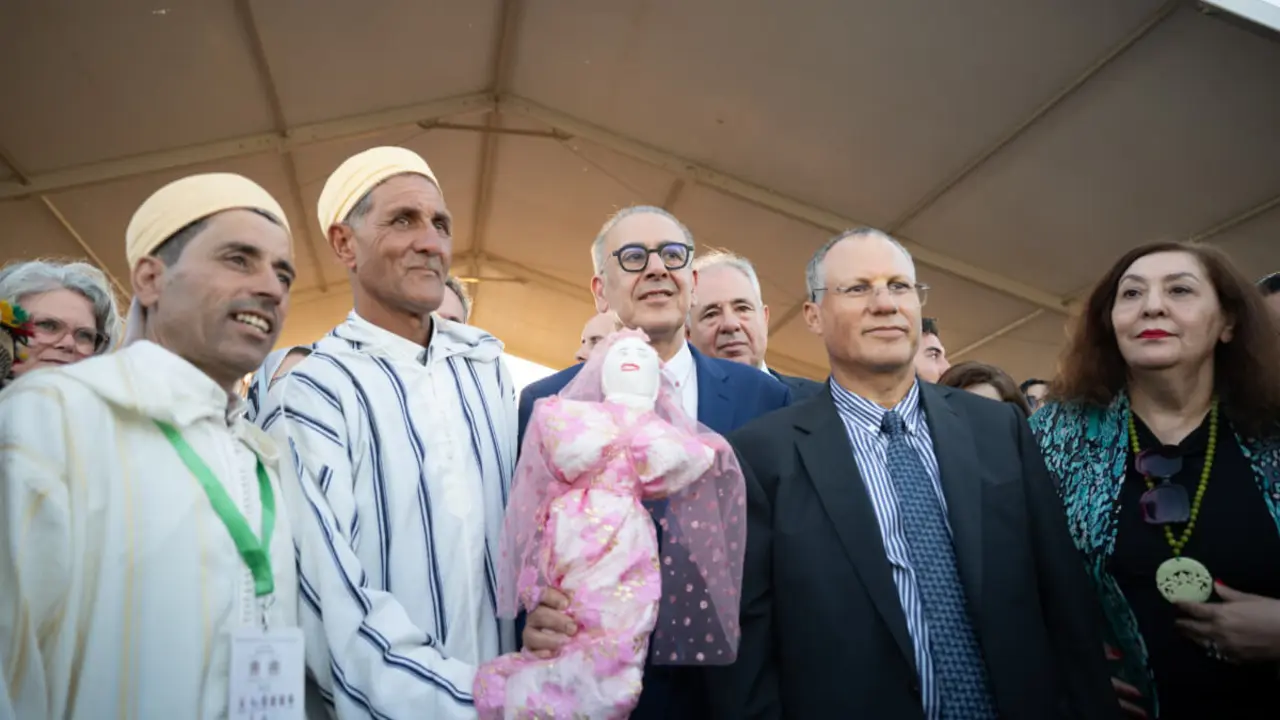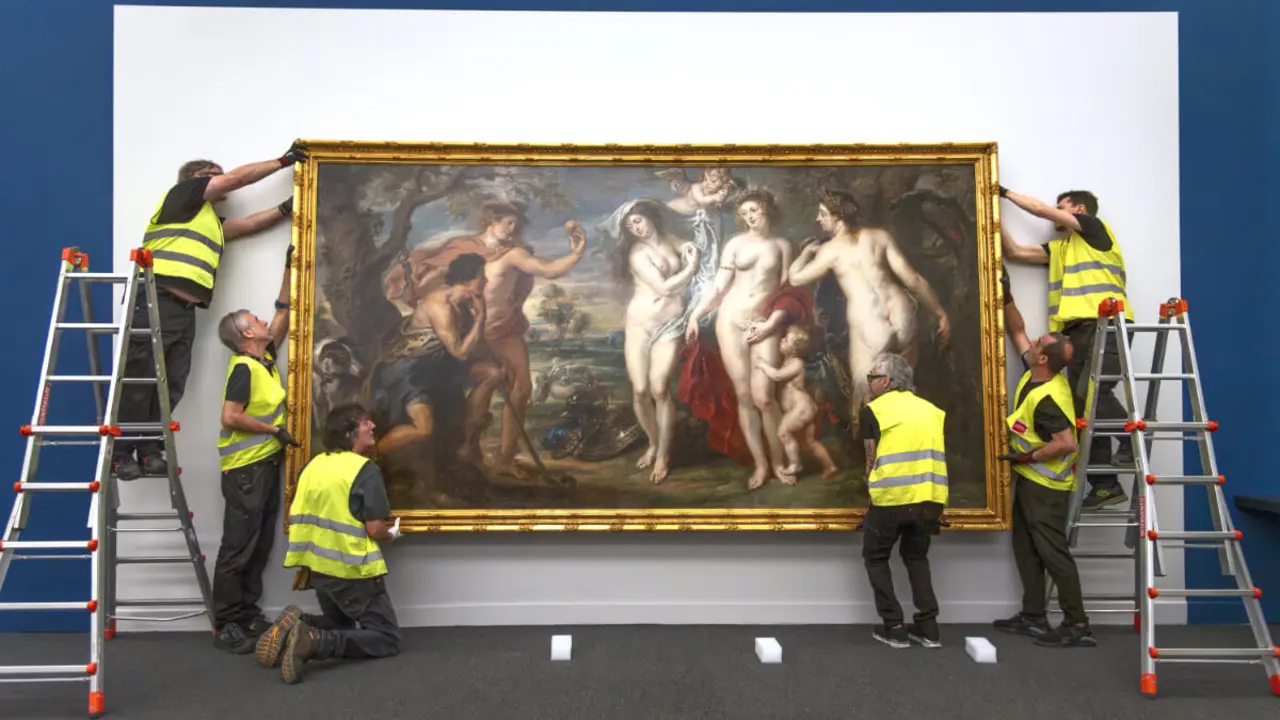Mentoring can play a crucial role in closing the gender gap in business

Business leaders have an obligation to mentor and support women in the workforce to assist them in their professional development and help them establish careers and businesses, the Women's Pavilion at Expo Dubai 2020 was told.
Launching a two-year program that aims to increase the number of opportunities available to women entrepreneurs, Laila Hatahet, program specialist at the UAE Liaison Office for the Gulf Cooperation Council and UN Women, said mentoring was one of the main strategies to close the gender gap in entrepreneurship and leadership.
Laila Hatahet said, "In the UAE, 95% of businesses are small and medium-sized enterprises, and at least 50% of them are owned by women ... They employ approximately 20% of the workforce and contribute to approximately 20% of GDP. One can only imagine the impact mentoring can have on these inspiring women and their businesses."

Mentoring was one of the greatest needs identified by a 2020 survey conducted by Sharjah-based NAMA Women Advancement Establishment and UN Women. The survey found that 60% of women entrepreneurs in the UAE believe that having a mentor along their journey would help them improve their businesses.
The NAMA program and UN Women will create three six-month mentoring programs that women can apply to be part of, either as mentors or apprentices. There will also be an accelerator program to help women-owned businesses take control of their own future to create and launch a profitable business, a grow your business program to help women expand their businesses, as well as investment promotion events to improve skills on how to acquire investment opportunities.
A panel discussion moderated by Jane Bladanos, consultant to UN Women Entrepreneurs, heard from Sheikha al-Mutairi, founder of MAD Group; Mariam Abdullah Ketit, founder of Chikara Global; Julie Nguyen of Crunchmoms; and Zaher Ibrahim, executive vice president for Middle East, North Africa, Turkey and India at Baker Hughes. .
Despite high education rates, women in the MENA region represent only 21% of the workforce, Julie Nguyen said: "Lack of access to mentors, advisors, funding or even confidence in managing work at home is preventing women from staying or being active in the workforce. Of the women who are in the workforce, about 70% of them feel they do not have adequate support from management."

"What we do at Crunchmoms is help them with their career and home life after they become mothers or have the right career networks. That will keep them active. We need to make it easy for them to come back and also make it easy for them to stay. Mentoring women is very important: it helps them access opportunities and cultivates their confidence in an often still male-dominated business environment."
Zaher Ibrahim said, "We take mentoring very seriously in all of our employee resource groups, and we are leveraging this mentoring across organizations, and we are even creating programs to drive these types of mentoring circles that can create a ripple effect to the organization as a whole, in the region and globally."
Text, photos and video: Dubai Expo 2020.








